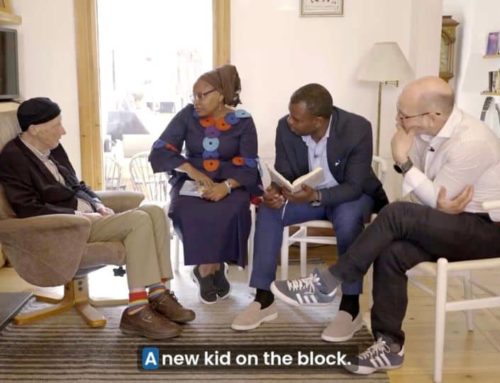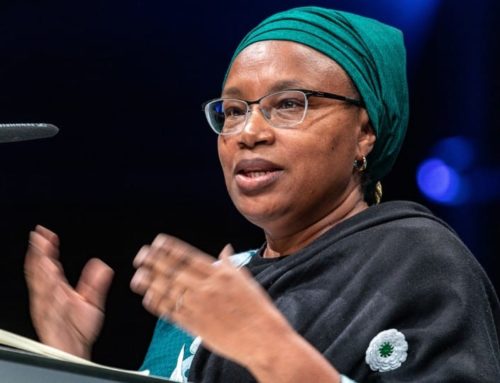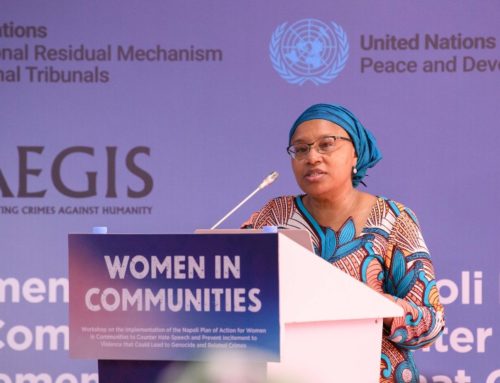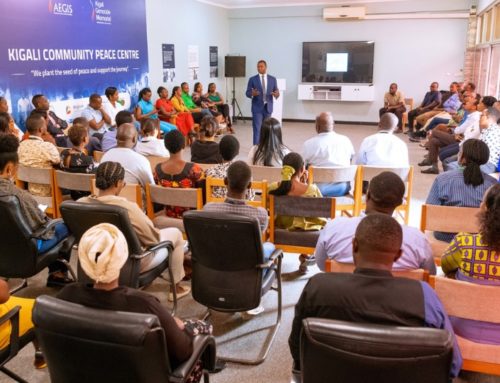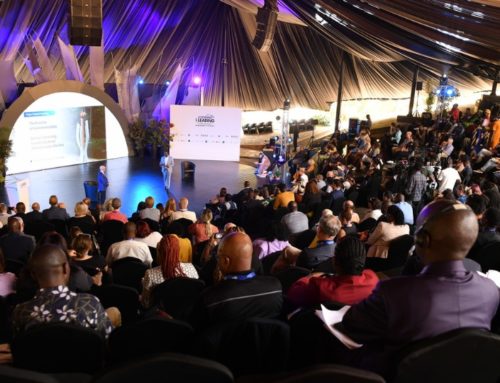 29 Sept 13 – Prof. Mukesh Kapila, the Aegis Trust’s Special Representative on Crimes Against Humanity, today slammed the brutal suppression of civil protests in Sudan’s capital, Khartoum, and other major cities.
29 Sept 13 – Prof. Mukesh Kapila, the Aegis Trust’s Special Representative on Crimes Against Humanity, today slammed the brutal suppression of civil protests in Sudan’s capital, Khartoum, and other major cities.
“The most fundamental and inalienable of all human rights is the right to live. To oppose and resist Bashir and his murderous cronies has long been – and is even more so now – a necessary moral duty,” he says. “We salute the courage of opposition and civil society groups engaged in bringing about change within Sudan. Their efforts need full support from the international community. The Bashir regime must be pressurised much more strongly to go now”.
Head of the UN in Sudan from 2003 to 2004, it was Kapila who first brought the Darfur crisis to international attention, comparing the regime’s systematic attacks on civilians to events in Rwanda, 1994, just weeks ahead of the tenth anniversary of that genocide. This year he returned to Sudan, witnessing evidence of fresh atrocities the Nuba Mountains and Blue Nile State (where he is pictured here), as documented in this short film.
Kapila’s memoir, ‘Against a tide of Evil’ – a no-holds-barred insider account of the slaughter in Darfur and his attempts to secure diplomatic action before blowing the whistle in the media – was published in the US last week.
Mukesh Kapila’s statement (full text):
“President Bashir has long been illegitimate – since he turned upon his own people in Darfur ten years ago, winning him indictments by the International Criminal Court for war crimes, crimes against humanity, and acts of genocide. He and his government have gone on to commit similar atrocities on a massive scale in the Nuba Mountains and Blue Nile State.
“The Bashir regime has now plunged to still lower depths even as it gets even more desperate to cling to power. As people made desperate by daily humiliations protest in Khartoum and other cities, a new progrom of vicious suppression is underway. Hundreds have been slaughtered by the state security and intelligence services. Several hundreds of others have been injured – and callously denied medical attention in government hospitals. The prisons are full, and torture and abuse are rampant. Independent media have been silenced, as fear stalks the land.
“The most fundamental and inalienable of all human rights is the right to live. To oppose and resist Bashir and his murderous cronies has long been – and is even more so now – a necessary moral duty. We salute the courage of opposition and civil society groups engaged in bringing about change within Sudan. Their efforts need full support from the international community.
“The Bashir regime must be pressurised much more strongly to go now and allow the emergence of new governance that is representative of all its peoples and that treats all citizens on an inclusive, equal, and dignified basis. Humanitarian assistance and protection are urgently needed for millions of people in desperate need all over `Sudan and by refugees in neighboring countries. At the same time, the perpetrators of heinous mass crimes must be held accountable, including at the International Criminal Court. Without justice there will no sustainable peace.
“The United Nations, African Union, Arab League and all individual States with influence in Sudan must not let the people of Sudan down. They must recognize their duty to grasp a historic opportunity to help end the Bashir regime that is such an affront to Africa and the whole civilized world.”
During protests against the government in Khartoum in 2012, Sudanese around the World united in support of family and friends back home as they are doing now. Aegis captured that moment with a short film, ‘Sudan Revolts’. In it, demonstrators at the Sudanese Embassy in London powerfully express thoughts and feelings now shared by civil society across Sudan.

